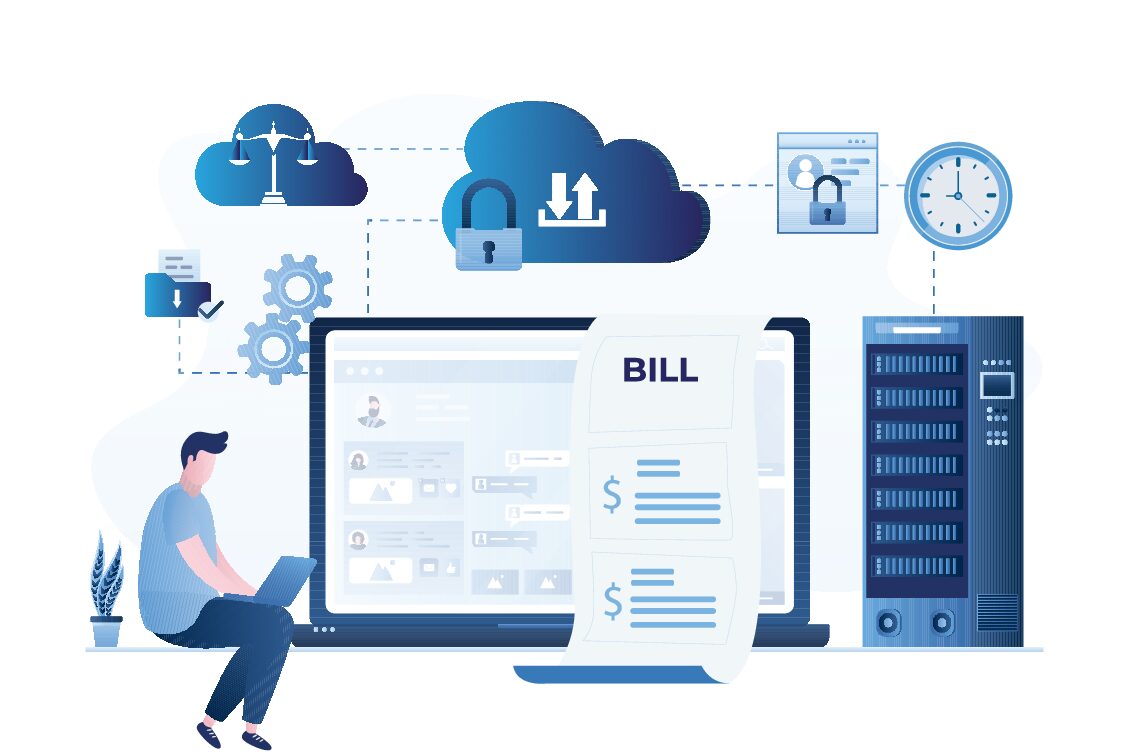Like countless other industries in our modern society, the legal profession is increasingly transforming into an “on demand” service. Businesses, like Up Counsel and Law Pal, are championing an entirely new method of legal service delivery.
As new lawyers begin their journey into the profession, these services may seem like an attractive option for jumpstarting their career. Yet, like everything else, there are pros and cons for working through these organizations. So, it’s important to consider all perspectives before making any commitments.
How They Work
These legal platforms connect attorneys and clients in a variety of ways. Lawyers register with the companies, listing their available practice areas and pricing options.
Customers can hire attorneys in one of two ways, depending on the service guidelines. They can view the profiles of the registered attorneys and choose which one to contract with, or they can post a necessary legal matter and consider bids from the registered lawyers.
Some of these companies, like Up Counsel, keep the client’s credit card information on record and use it to ensure that payments to the attorney are completed. This can be a significant perk, along virtual offices.
With a self guided profile set-up, you can create an attorney profile page that lists your credentials and keeps track of your Up Counsel experience. Potential clients see how many projects you have completed through the website and view reviews left by former clients.
LawPal is another popular legal platform. Catering to the needs of small businesses, Law pal allows users to post their legal needs and choose from a list of matched attorneys. Once a lawyer is chosen, the site creates a virtual deal room to hammer out the payment agreement. It also assists with moving the matter along by providing a task checklist.
The Pros
These platforms allow you to get in front of potential clients, without exorbitant marketing costs. By joining, you automatically become associated with a recognizable brand, while still maintaining your independence as an attorney. The newer versions of these platforms are also offering tools to assist with the representation process, allowing you to better serve your clients.
The Cons
Becoming a member of a legal platform does not guarantee clients. It only puts your name in front of potential customers, who make the final decision about which attorney to choose. As such, you are in competition for the sale. This type of situation tends to create a situation where professionals choose to lower their prices, as a way of competing for business. Low fees do not equate to a successful marketing strategy. Not only do they leave you undercompensated for your time, but they also tend to attract the most undesirable type of client: the one that wants everything, but is willing to pay for nothing.
When deciding whether to join a legal platform, weigh your options carefully. Review the rules and guidelines of each company in order to make an informed decision.
About Erika Winston:
Erika Winston is a Virginia based writer with a passion for all things legal. As a former domestic relations attorney, she understands the challenge of determining the best fee structure for your practice. Erika is a regular contributor to TimeSolv and a variety of other publications.


















